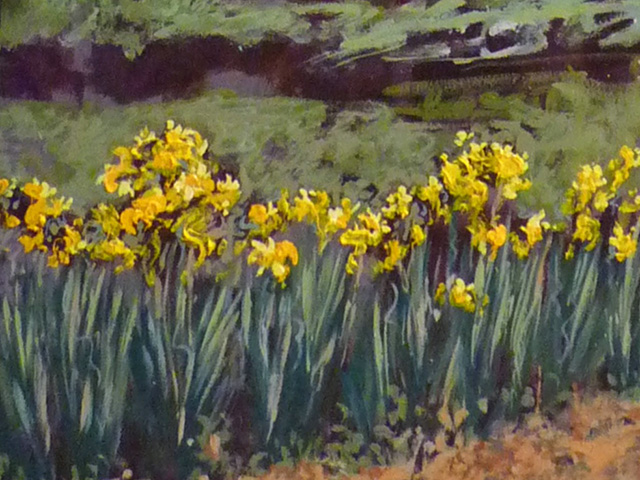
‘Paintings Done Outside’ by Emily Weinstein opens at Nature Art Gallery March 2
March 1, 2019
RALEIGH, N.C. — The North Carolina Museum of Natural Sciences’ Nature Art Gallery presents “Paintings Done Outside,” artwork by Emily Eve Weinstein. The show runs March 1–31, with a Gallery reception Saturday, March 2, 2–4 p.m. All exhibited art is for sale. Weinstein, a Triangle-area resident since 1982, formally studied art at Academie Charpentier in… Read More >
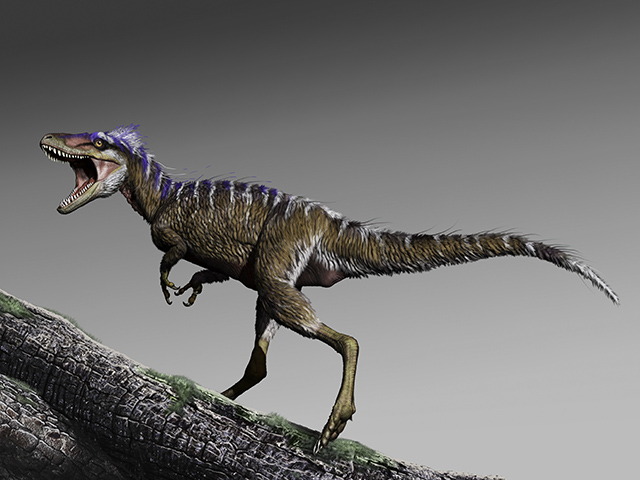
New Species of Tiny Tyrannosaur Foreshadows Rise of T. rex
February 21, 2019
Illustration: Jorge Gonzalez. Click for full-sized image. EMBARGOED UNTIL FEB. 21, 2019 AT 9:00 A.M. EST A newly discovered, diminutive – by T. rex standards – relative of the tyrant king of dinosaurs reveals crucial new information about when and how T. rex came to rule the North American roost. Meet Moros intrepidus, a small… Read More >
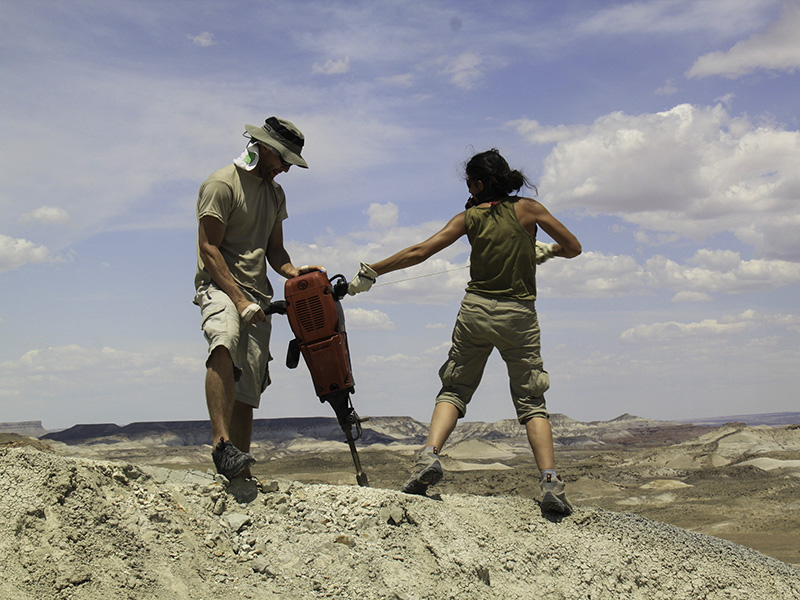
Museum Paleontologist to Unveil New Tyrannosaur Species
February 20, 2019
Lindsay Zanno, head of paleontology at the North Carolina Museum of Natural Sciences and paleontologist at North Carolina State University, will announce the discovery of a new, diminutive – by T. rex standards – relative of the tyrant king of dinosaurs. The discovery reveals crucial new information about when and how T. rex came to rule… Read More >
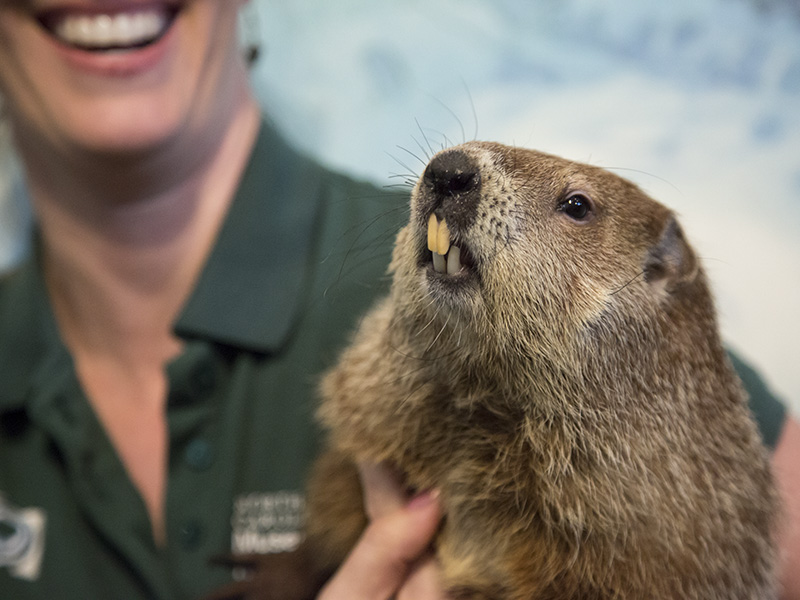
Sir Walter Wally accepts Groundhog Day challenge at Museum of Natural Sciences, Feb. 2
January 28, 2019
(RALEIGH, N.C.) — In the words of the Cowardly Lion: “Unusual weather we’re having, ain’t it?” Yes, indeed. So how do we know what’s in store for us over the next several weeks? Ask an oversized rodent, of course. Don’t miss Sir Walter Raleigh as he makes his annual Groundhog Day appearance at the North… Read More >
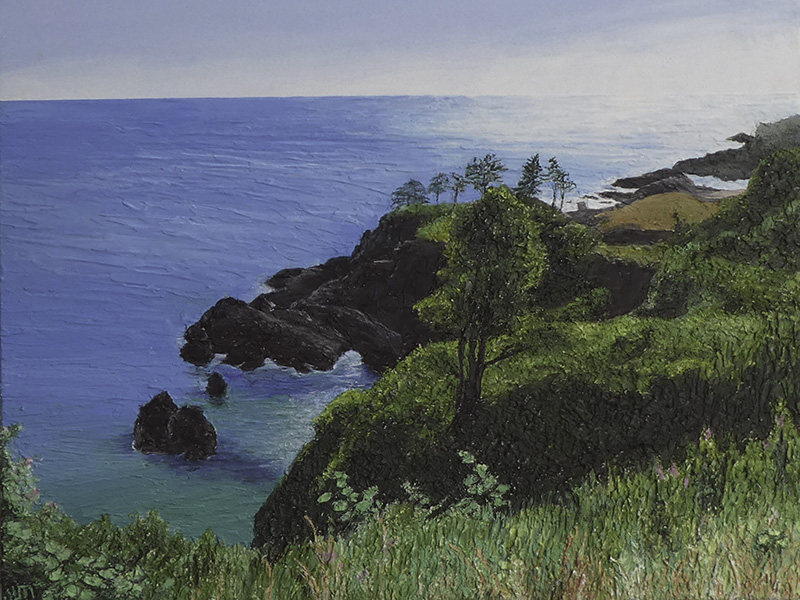
‘Nature’s Glory’ by Joan Meade opens at Museum’s Nature Art Gallery Feb. 2
January 24, 2019
(RALEIGH, N.C.) — The North Carolina Museum of Natural Sciences’ Nature Art Gallery presents “Nature’s Glory,” artwork by Joan Meade. The show runs Feb. 2–24, with a Gallery reception Saturday, Feb. 2, 2–4 p.m. All exhibited art is for sale. “My passion is for the natural world,” says Meade, “and I am especially drawn to… Read More >

